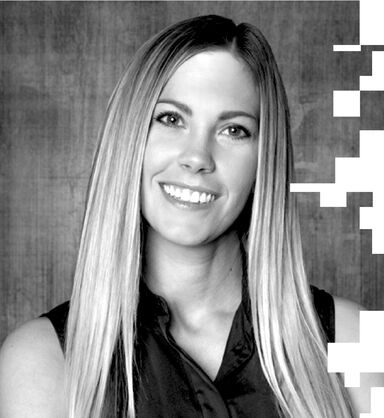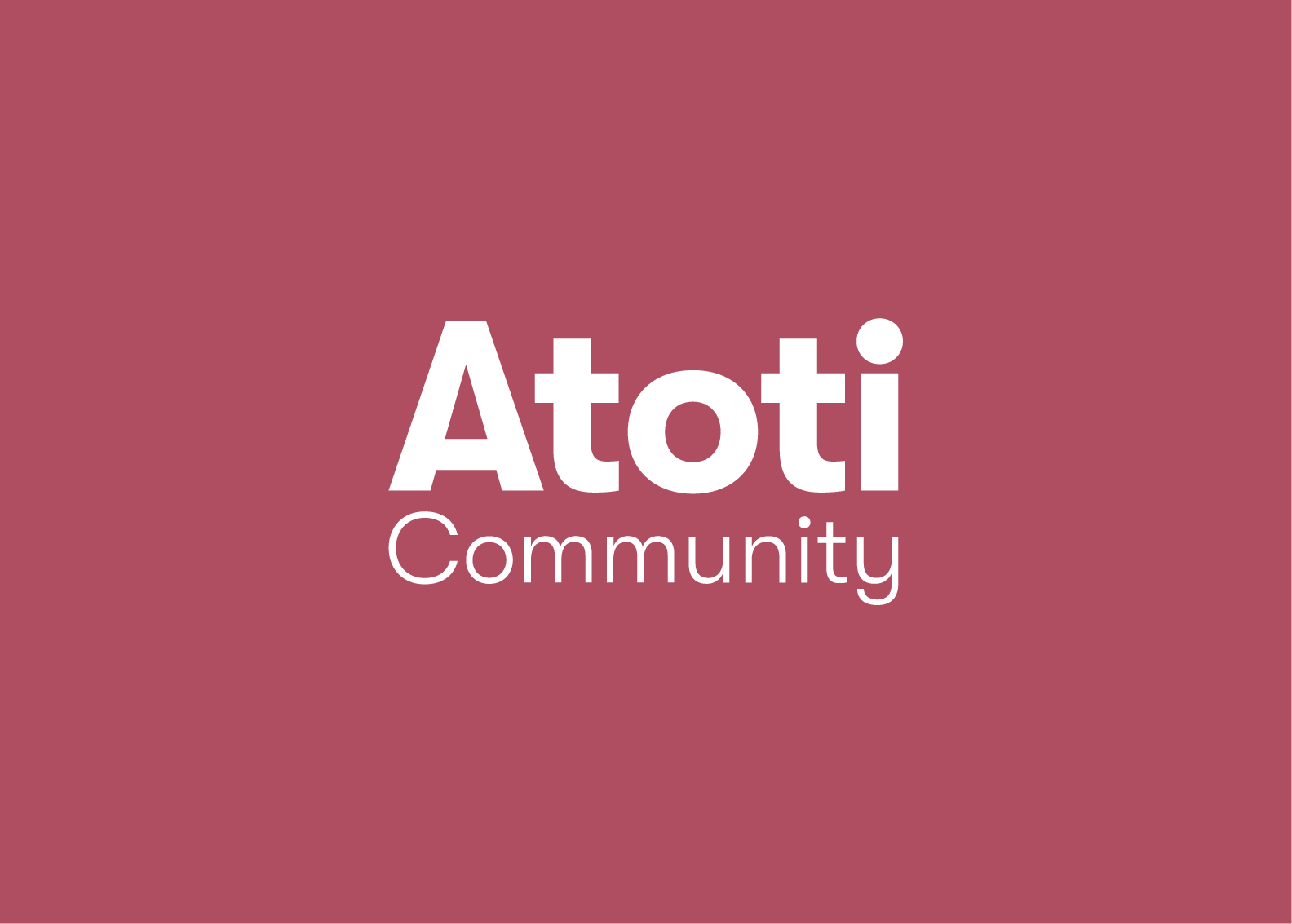Challenge your own weaknesses
If you haven’t seen Christina Stathopoulos speak, here’s one of my favourites:
Given her impressive speaking accolades, it’s hard to imagine that Christina is an introvert who loves staying at home instead of being around people. Then again, some of the greatest public speakers such as Gandhi, President Barack Obama, Eleanor Roosevelt and Elon Musk, are widely considered to be introverts.
Join us, as we ask Christina how to become an accomplished public speaker.
Huifang: You mentioned you’re an introvert, what motivates you to take the microphone and speak on the big stage?
Christina: Public speaking is an incredibly powerful tool if you can learn to communicate ideas effectively. This is especially true in technical professions. I’ve always known that it will open doors for my future, so I also recommend it to others for the same reason.
The tech world tends to have a lot more introverts than extroverts. If you’re in this industry and you are an introvert, you should learn how to break down these barriers and put your voice out there. We need more communicators. It will open up a lot of professional opportunities for you later on down the line.
Public speaking also opened the door to education for me. I love teaching. I’m an adjunct professor at a university in Madrid, Spain (IE Business School) and I also do guest lecturing at other universities. I love to see the development of the students from the first day to the last. Seeing how much they have learned makes it a very fulfilling job.
Beyond educating, public speaking gives me the opportunity to speak at events and conferences, even giving me opportunities to travel to new countries to do so.
Huifang: What are the challenges that you have faced in public speaking?
Christina:
I get nervous and I have stage fright. Everyone has stage fright. Don’t let them tell you otherwise. But you have to learn to channel those nerves into excitement and adrenaline.
I learned to control those nerves and use it as adrenaline as I’m going on stage. You can learn to do this too. But in order to do so, you have to practice, which means you have to put yourself on stage to begin with. The first couple of times will be nerve-wracking but you’ll get much better as you practice.
I write scripts as I prepare my speeches. I read the scripts a few times over to get the ideas in my head, practicing with and without the script over time. But the moment I go on stage, I’m not reading out those scripts. Instead, I’m remembering the ideas that I wrote down and begin to tell them in my own new way. I practice the entire speech repeatedly to make me feel more confident once on stage.
For important talks, I will literally stand up in front of a mirror and practice the speech from start to finish over and over.
You have to practice consistently if you want to do a good job on the day of the speech.
Huifang: How has public speaking changed due to COVID?
Christina: I miss doing public speaking in person because I don’t get the same adrenaline rush when I do it online. I don’t get to move around or interact with the audience. It’s not quite the same on camera. So it’s not as fun as it used to be.
What I miss the absolute most is the joy of physically meeting and networking with people during and after the event. Nowadays, you disconnect after giving the speech. The networking aspect is very difficult to replicate in a virtual setting.
You can use COVID as a stepping stone to start public speaking virtually. After COVID, you can do it in person, which is more difficult as you have to learn how to not use a script as backup or not have a screen separating you from the audience.
Huifang: How do you get speaking opportunities?
Christina: You’re not going to be able to get a chance to do public speaking on a big stage overnight. You have to build up to a point where someone is going to want you to speak at an event. In order to get to that point, I always recommend networking.
It can be networking on LinkedIn for instance. You’re given a platform where you can message people within your community to strike conversations, participate in discussions and constantly post to interact with followers.
After COVID passes, you should attend local events in your industry to meet people. One of the best ways to do that is to attend these events alone. It forces you to interact with others, much more so than if you attended the event with a group of friends.
Grow your own network and it gives you a chance to get your voice out there.
Taking that leap from networking into public speaking is a big step. It is difficult to find the opportunity to go on stage. But once you do, the speaking gigs will come one after the other.
Do not say no to public speaking, ever. Even if it’s a talk to a small group of 10 or a presentation at work. By saying no, you do not know what doors you are closing and what you could be missing out on next.
Huifang: What happens if an organizer requests for you to speak on a topic that you dislike?
Christina: Instead of turning down the opportunity directly, I will try to transform it into something that I do like. However, I wouldn’t recommend anyone to talk about something they don’t feel comfortable with.
Huifang: What topics do you personally enjoy/hate speaking about the most?
Christina: I do not like anything that’s out of my realm of knowledge or outside of my expertise. For example, I studied Python in my masters but I don’t like it and don’t use it a lot. Don’t ask me to do a talk on a demo with Python because I’m not going to feel comfortable doing it.
Since I work in big data and analytics, sometimes people ask me about the slightly related topic of blockchain. I don’t know enough about it since it is a domain in and of itself. I’ll answer them honestly and tell them the truth on the matter.
I do get nervous with Q&A’s because you don’t know what to expect and can’t prepare for it properly. However, if someone asks a question that is about analytics and I don’t know the answer, I’ll be honest about it and tell them: “That’s a really good question. I don’t know the answer right now, but let me look into it afterwards and I can get back to you.”
You can always be honest and I think people appreciate the sincerity.
Huifang: I love to see your interactions with other data influencers such as Danny Ma, Susan Walsh, George Firican and Kate Strachnyi on LinkedIn. How would you describe this circle of influencers?
Christina: We have this close-knit data community where we bounce ideas off each other in the chat group. We host events together. It’s a super supportive group. We are always finding ways to try to collaborate or ask each other for advice and everyone truly is amazing.
Huifang: Who are your favourite data heroes?
Christina: I would say my favourite data heroes are Cassie Kozyrkov and Allie K. Miller.
Cassie is the Chief Decision Scientist at Google but she’s also phenomenal with public speaking. She writes a lot of blogs with accompanying YouTube videos and she is an exceptional role model, especially for women in tech.
Allie is with Amazon Web Services and she specializes in Machine Learning. She’s also amazing with public speaking and writes many blogs, creates entertaining videos and regularly gives keynote speeches. She’s another great role model for women in STEM.




